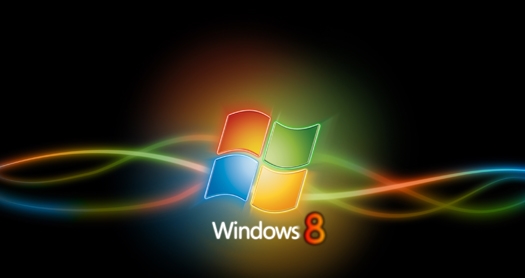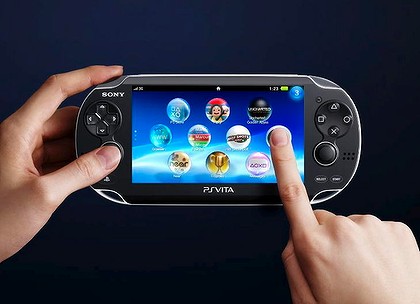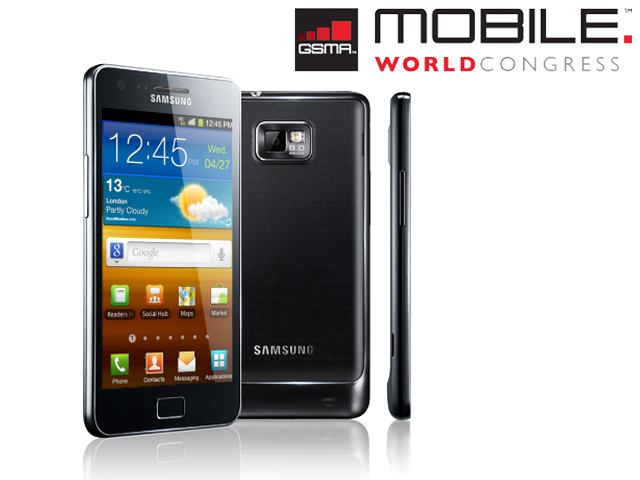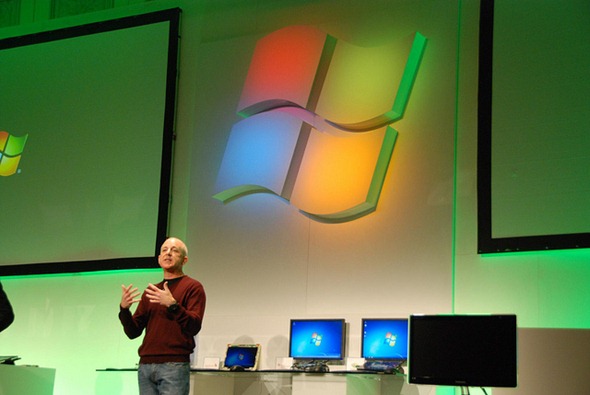 The new version attempts to bridge the gap between desktop, laptop and tablet. The software is available to download, before its public launch in a few months. Since Windows 7 is quite difficult to use on touch-screen devices, the new operating system is designed for the low power chips to be compatible with mobile phones and tablets in an attempt to effectively compete with Apple and Google: ‘We challenged ourselves to bring the best of mobility and the best of PCs, in an experience where you don't have to compromise.’ Steven Sinofsky chose to present its new operating system at the Mobile World Congress in Barcelona instead of the Consumer Electronics Show in Las Vegas which shows a new direction in Microsoft’s approach to computing.
The new version attempts to bridge the gap between desktop, laptop and tablet. The software is available to download, before its public launch in a few months. Since Windows 7 is quite difficult to use on touch-screen devices, the new operating system is designed for the low power chips to be compatible with mobile phones and tablets in an attempt to effectively compete with Apple and Google: ‘We challenged ourselves to bring the best of mobility and the best of PCs, in an experience where you don't have to compromise.’ Steven Sinofsky chose to present its new operating system at the Mobile World Congress in Barcelona instead of the Consumer Electronics Show in Las Vegas which shows a new direction in Microsoft’s approach to computing.
Windows 8 has two modes: Metro-style, a modern mobile operating system built on a new ‘Windows Runtime’, and the standard Windows desktop, still needed by Microsoft for existing applications such as Office. In the Metro mode apps are installed from an online store, run full screen and are simple to use. Apps can run at the same time, but only two can share the screen, they also remain responsive when performing long operations thanks to the new runtime. Some important changes have been made since the Developer Preview. There are many more apps available which include Mail, Music, SkyDrive, and People. All store apps are free for the time being and will remain free until the commercial launch. The Metro-style Windows 8 performance of is excellent when tapping on-screen controls, using the keyboard or flipping through apps. Microsoft's social media account synchronisation also works great. As soon as you log into Windows Life your contacts from Twitter (or other social networking site) are imported to the People app. Windows 8 will also use the cloud to store users' preferences so that they can automatically load when the user signs in.
Metro apps look quite different from the standard Windows apps that we are used to, with their clear design and bold controls. There are several swipe patterns set up to make the use of the tablet quicker and more convenient. Many familiar smartphone gestures; pinch to zoom out, tap to enlarge and swipe, remain featured. The mouse control has also been improved since the Developer Preview. When you move the pointer to the corner of the screen with your mouse you can perform common actions: access Start menu, Windows charms and switch apps. Finding applications however may prove frustrating at times as many of them are hidden and accessible only from the Start menu. There are two versions of the Internet Explorer included: the Metro-style Windows does pure HTML5 with no add-ins installed and the desktop mode has Adobeflash, Activex etc. Some sites therefore do not work on the Metro version but Microsoft is hoping that most sites will adapt to the changes. Another issue is whether it is possible to create a user interface that works as well with touch as with mouse or a keyboard. So far, it does seem that the Metro side works better with touch, while the desktop side is still difficult to use without peripherals.
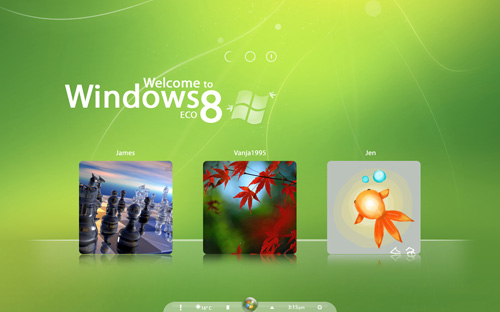 It seems that most innovations were made to the Metro platform and therefore desktop Windows 8 users may feel disappointed by the new operating system. Some consider its features, designed mainly for the Metro-style software, awkward to use. However, a few changes to improve Windows’ overall performance have also been made, such as fast boot and smart networking that switches automatically to cheaper connections.
It seems that most innovations were made to the Metro platform and therefore desktop Windows 8 users may feel disappointed by the new operating system. Some consider its features, designed mainly for the Metro-style software, awkward to use. However, a few changes to improve Windows’ overall performance have also been made, such as fast boot and smart networking that switches automatically to cheaper connections.
There are a lot of expectations set for Windows 8. Windows 7 sold 525m licenses however its popularity was only on PCs. The new software has a huge potential for success, its design is more elegant than Android and despite a few minor issues it works fine and is very convenient to use. The one obvious advantage of is the possibility to access all desktop applications at any point on your tablet.This radical move however may run a risk of alienating ordinary Windows users. Furthermore, Microsoft cannot disregard its rivals. Windows 8 may find it difficult to get acceptance facing tough competition from Apple and Google.
Also see: Patent disputes: protecting manufacturers or threatening innovation?
Also see: Patent disputes: protecting manufacturers or threatening innovation?

